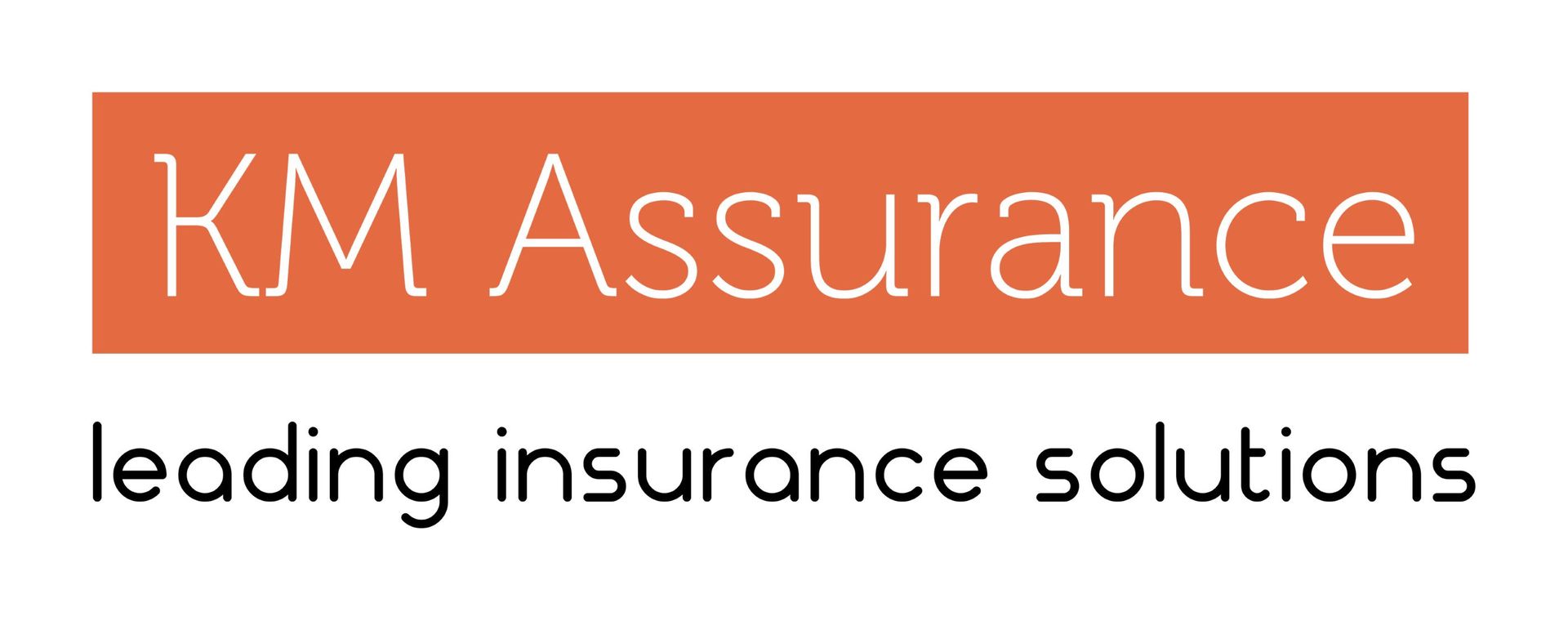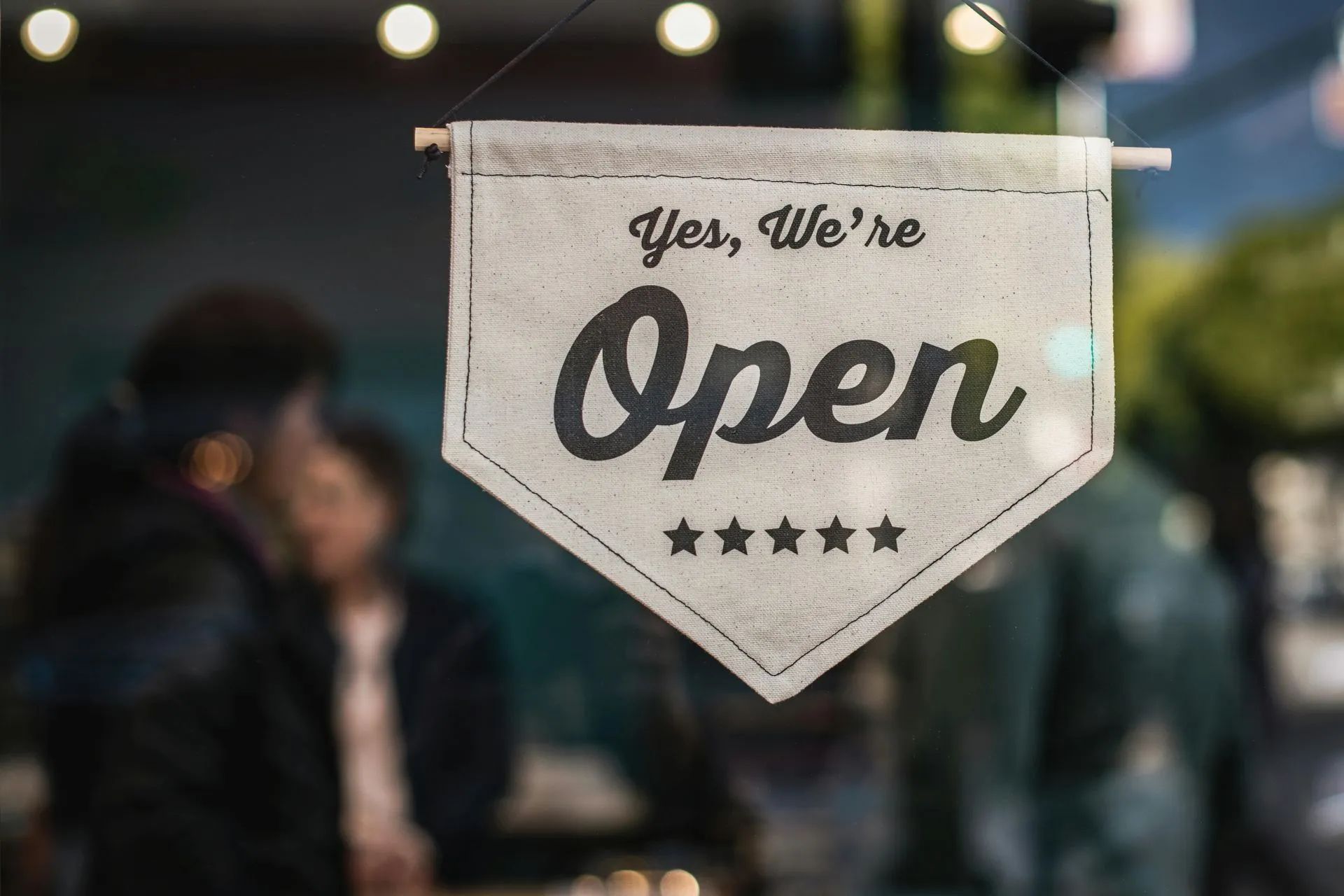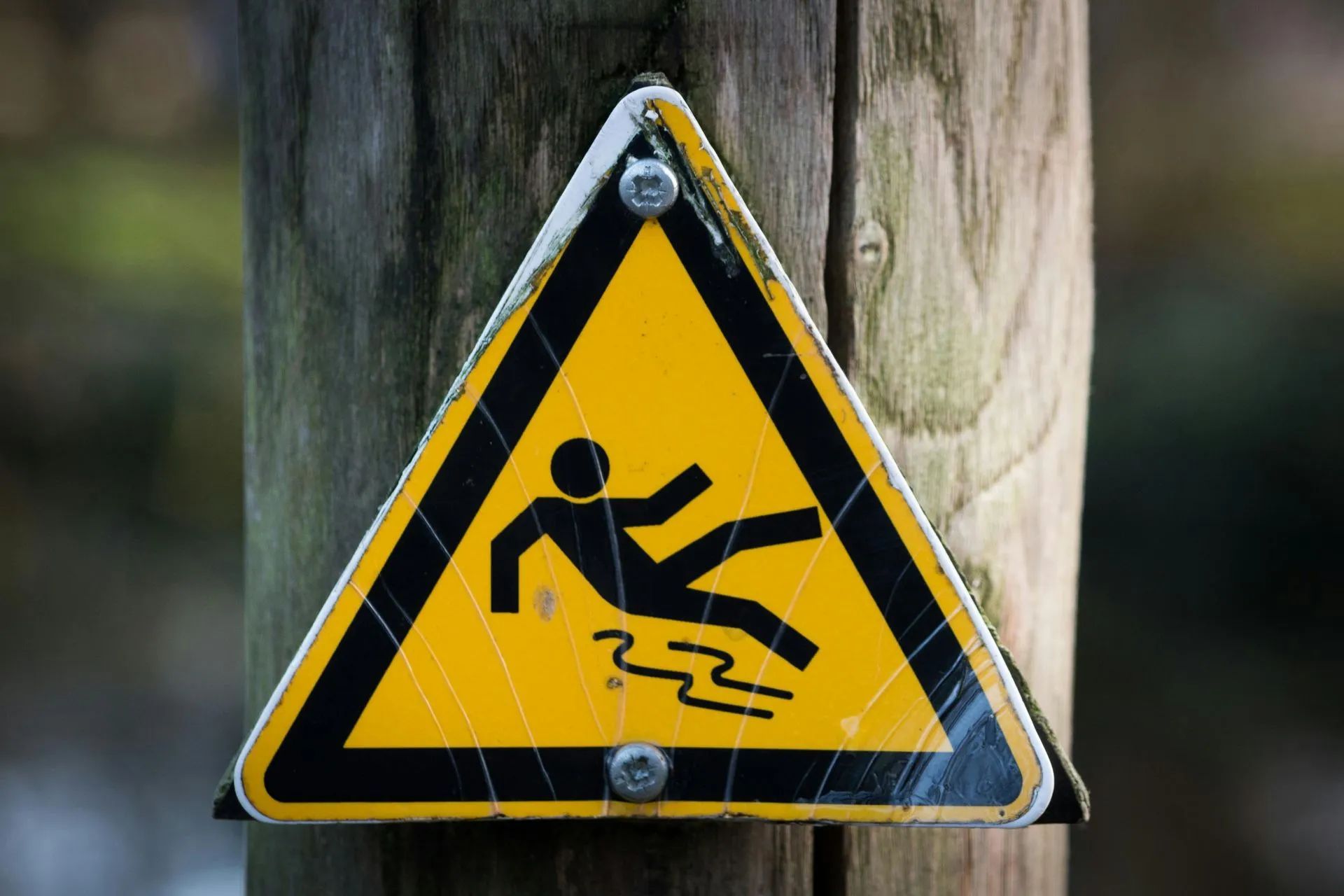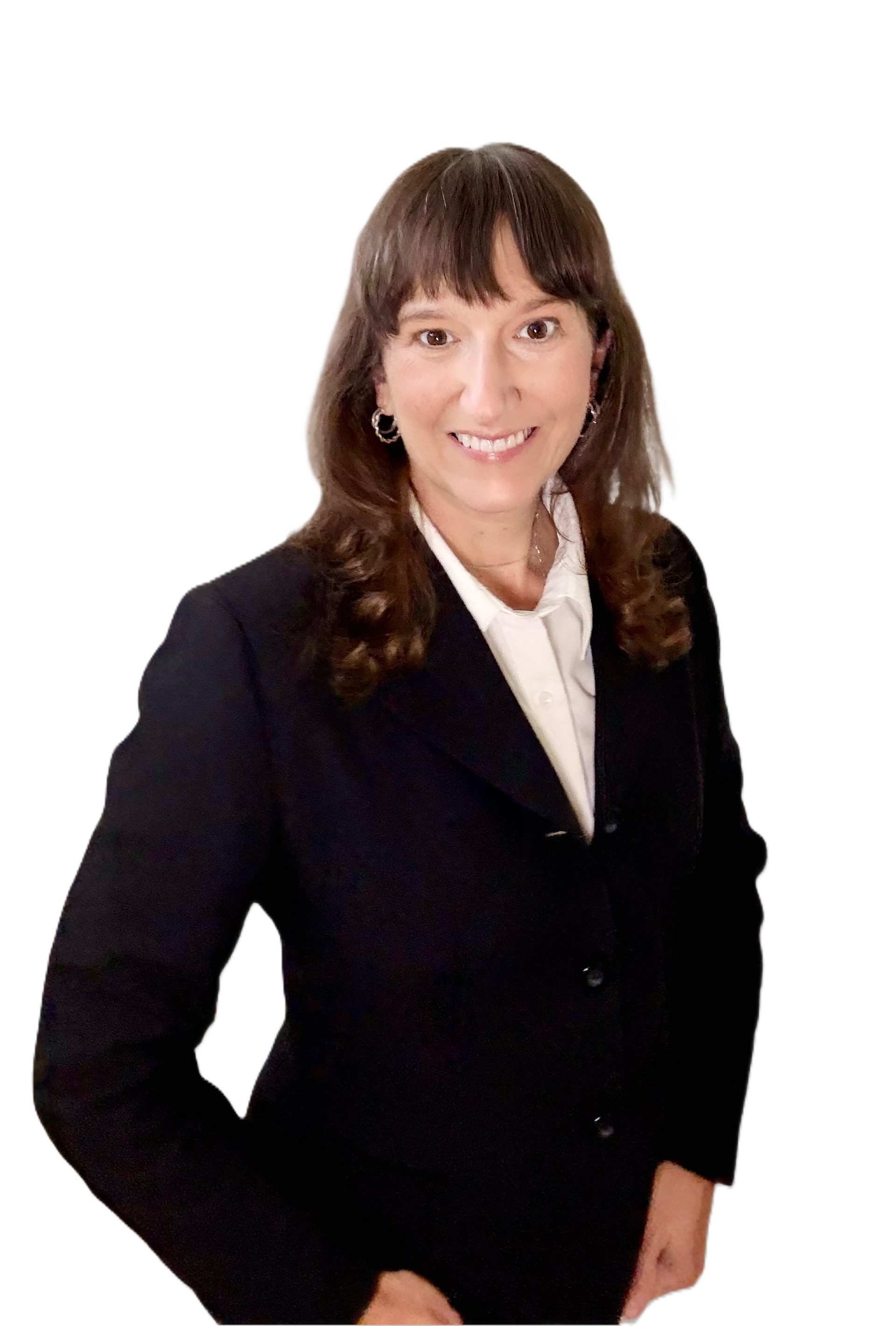Commercial Insurance Coverage for Florida Businesses
KM Assurance provides commercial insurance services from Clearwater, FL, to all of Florida, including liability, auto, and business owner policies.
Business Owner’s Policy (BOP) and Why Your Business Might Need One
Running a small or mid-sized business comes with plenty of responsibilities—and risks. From protecting your property to defending your business against potential lawsuits, insurance is an essential part of keeping your company secure. One of the most efficient and affordable ways to get comprehensive coverage is through a Business Owner’s Policy, commonly known as a BOP. A Business Owner’s Policy is a bundled insurance package designed to cover the most common risks faced by small businesses.
Rather than purchasing separate policies for each type of coverage, a BOP combines several essential protections into one convenient and cost-effective policy.
Typically, it includes three core components:
• Property insurance
• General liability insurance
• Business interruption
Insurance Property insurance protects your business’s physical assets, such as buildings (if you own them), equipment, inventory, furniture, and fixtures. It covers damage or loss caused by events like fire, theft, vandalism, and sometimes weather-related incidents, depending on the policy terms. General liability insurance provides coverage in case your business is held legally responsible for causing injury to someone else or damaging their property. For example, if a customer slips and falls in your store, this portion of the BOP would help cover medical costs and potential legal fees. The third component, business interruption insurance—sometimes called business income insurance—helps replace lost income if your business is forced to temporarily close due to a covered event, such as a fire or natural disaster. It can also help pay for ongoing expenses like rent or payroll during the downtime. A BOP is especially well-suited for small and mid-sized businesses that have a physical location, whether it’s a retail shop, restaurant, office, or even a home-based workspace. It’s also ideal for businesses that own valuable equipment or inventory and those that have regular interactions with customers or clients. Industries that commonly benefit from BOPs include retail, food service, personal care (such as salons), professional services, and repair or maintenance businesses.
Errors & Omissions Insurance
Errors & Omissions (E&O) insurance—also known as professional liability insurance—provides protection for website-based businesses against claims of negligence, mistakes, or failure to deliver promised services. This type of coverage is especially important for businesses that offer digital products, consulting, design, development, or any professional advice or services online. If a client or user claims that your website or service caused them financial harm due to an error, oversight, or failure to perform as expected, E&O insurance helps cover the legal costs, settlements, or judgments associated with the claim. For example, if you run a web design agency and a client sues you over a missed deadline or a coding error that damages their business, E&O insurance can help protect your company.
Similarly, if you're a consultant or coach offering paid advice through your website, and a customer accuses you of providing misleading guidance, this policy would respond to that type of allegation. While general liability insurance covers physical injuries and property damage, E&O focuses on intangible financial harm caused by your work. It’s essential for website businesses involved in software development, IT services, digital marketing, SEO, online education, or any service where a mistake or omission could impact a client’s revenue or reputation. Without E&O insurance, even a groundless lawsuit could result in significant legal expenses and business disruption. Having this coverage helps build trust with clients, fulfill contractual obligations, and protect your business’s financial health and professional reputation in the digital space.
Commercial Umbrella Insurance
Commercial umbrella insurance provides extra liability protection that goes beyond the limits of your existing business insurance policies. For a website-based business, it acts as a financial safety net in case a major claim or lawsuit exceeds the coverage limits of your primary policies—such as general liability, commercial auto, or employer’s liability insurance. Imagine your website is sued for defamation over published content, or a customer claims major financial losses due to a service failure. If the legal costs, settlements, or judgments exceed the limits of your general liability or errors & omissions (E&O) policy, your umbrella policy would cover the additional amount—up to its own separate limit. This helps ensure your business isn't left paying out-of-pocket in a high-stakes legal situation. Even though your business operates online, risks can still add up. You might have physical office space where someone could be injured, use vehicles for business, or provide digital services that could result in large financial claims.
A commercial umbrella policy is especially valuable for website businesses with significant client exposure, higher-than-average risk, or public-facing content that could spark legal challenges. In short, umbrella insurance doesn’t replace your base policies—it enhances them. It provides peace of mind by covering the “what-ifs” that go beyond your primary coverage limits, making it a smart choice for online businesses seeking comprehensive protection from unexpected, high-cost events.
Commercial Package Insurance (CPI)
Commercial Package Insurance (CPI) is a flexible, bundled insurance policy designed to provide comprehensive coverage for businesses, including those that operate primarily online. For website-based businesses—such as e-commerce stores, digital service providers, blogs, or SaaS platforms—a commercial package policy combines multiple types of insurance into one customizable plan. At its core, CPI often includes general liability insurance, which protects against third-party claims of bodily injury, property damage, or advertising-related issues like defamation or copyright infringement stemming from online content. It also typically includes property insurance to cover physical assets such as office equipment, servers, or inventory, even if the business is run from home. For online operations, adding cyber liability insurance is essential, as it covers data breaches, hacking incidents, and cyberattacks that compromise customer information or disable your website. Business interruption insurance can also be included to help recover lost income if your website goes offline due to a covered event like a fire or power outage. In addition, many digital businesses benefit from professional liability insurance (also called errors and omissions insurance), which covers claims related to negligence, service errors, or missed deadlines in digital work. The key advantage of a commercial package policy is that it’s both cost-effective and customizable, allowing website owners to bundle only the coverages they need under a single policy. This approach simplifies risk management while ensuring robust protection for both physical and digital aspects of the business.
Commercial General Liability (CGL) Insurance
Commercial General Liability (CGL) insurance is a foundational form of business insurance that protects website-based businesses against a variety of common legal risks. For online businesses—such as e-commerce stores, blogs, or service-based websites—CGL insurance typically covers third-party claims related to bodily injury, property damage, and personal or advertising injury. For example, if someone is injured at your physical business location (if you have one), or if your online content results in a claim of defamation, copyright infringement, or invasion of privacy, CGL insurance can help cover legal fees, settlements, and court costs. This is especially important for digital businesses that regularly publish content or run advertising campaigns. However, CGL insurance does not cover everything.
It excludes professional errors, data breaches, and employee injuries, which require separate coverage such as professional liability, cyber liability, or workers’ compensation insurance. Even if your business is entirely online, having CGL coverage can protect you from costly lawsuits stemming from the use of third-party intellectual property, advertising practices, or claims made about your products or services. For comprehensive protection, many website owners also add cyber liability and professional liability policies to their insurance portfolio. Let me know if you'd like a version tailored to a specific type of website or business.
Commercial Auto Insurance
Commercial auto insurance provides coverage for vehicles used for business purposes, and it can be an important part of protecting a website-based business—especially if your operations involve physical products, deliveries, or client visits. Even if your business is primarily online, you may still use a vehicle to transport goods, meet with partners, attend trade shows, or support operations like photography, tech support, or shipping. In such cases, personal auto insurance typically won’t cover accidents or liability that occurs during business use. Commercial auto insurance covers a range of risks. It includes liability coverage for bodily injury or property damage caused to others while using a business vehicle, as well as physical damage coverage for your own vehicles (through collision and comprehensive insurance).
It also often includes coverage for medical payments, uninsured/underinsured motorists, and sometimes cargo or equipment transported in the vehicle. This type of policy is essential if your website business owns or leases company vehicles, if you or your employees drive for work-related purposes, or if you use a personal vehicle frequently for business tasks that go beyond commuting. While not every online business needs commercial auto insurance, it's crucial for those that ship their own products, operate mobile services, or travel regularly for work. Without it, you could be personally liable for damages or injuries caused during a business-related trip that personal auto policies may exclude. Commercial auto coverage helps protect both your financial assets and your brand’s credibility in the event of an accident or legal claim.







